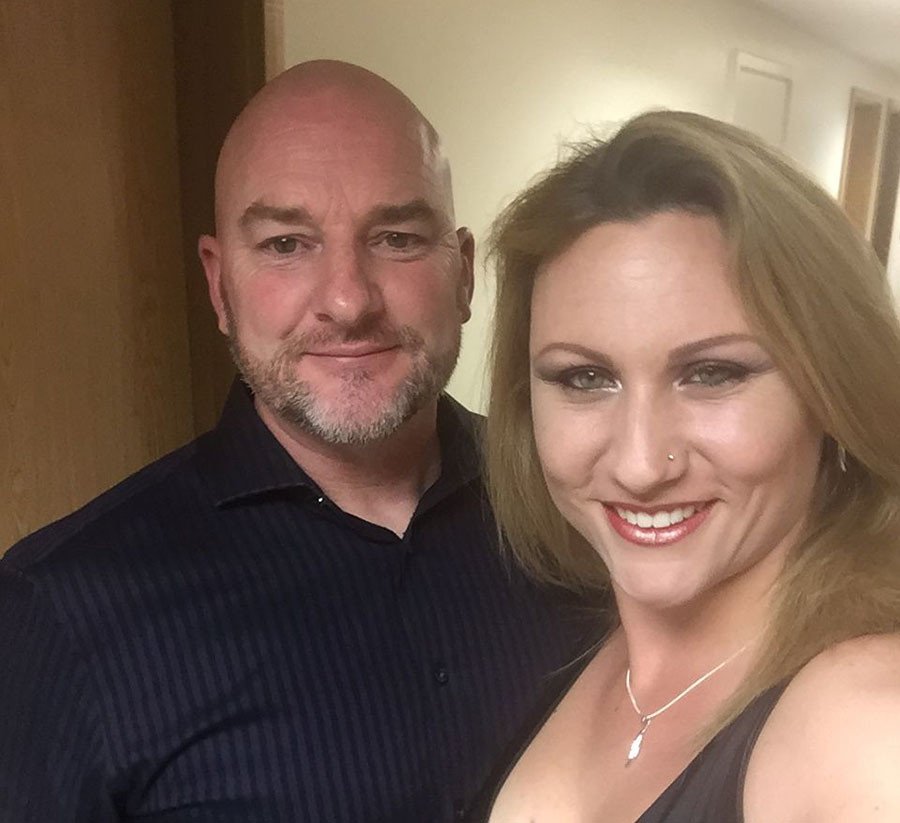‘Sex workers capable of love:’ Dominatrix defends husband from pimp claims after BBC documentary

Charlotte Rose agreed to take part in a BBC 3 sketch called ‘Things Sex Workers are Tired of Hearing’ because she thought it would help average Britons understand the reality of being a sex worker.
“It was very liberating to be able to have the opportunity to debunk some of the myths that are in place from society,” she told RT in an exclusive interview.
However, the reception from some viewers was less than supportive, with many accusing Rose of “glamourizing” the profession.

“A man that pays a woman for sex is also paying for his power over her, that’s what the money does,” a woman named Jellie Kay wrote on the channel’s Facebook page.
"You dehumanise yourself when you reduce human sexual interaction to a fee," she added.
According to sex workers support charity National Ugly Mugs, nearly 200 British sex workers were killed between 1990 and 2016.
While Rose was ready to debate the issue of prostitution, she didn’t expect people to turn on her husband – some went so far as to accuse him of procuring her services.
Rose, an award-winning dominatrix and sexual trainer based in London, is married to builder and erotica writer Colin Chapman. The two have five children between them.
“It was really disgusting that a lot of comments that were made were classifying my partner as a pimp,” Rose said.
In a candid interview, the couple insisted that, despite the stigma surrounding sex workers, they were very much in love.
“It’s frustrating, because clearly everyone seems to think that someone in the sex industry is incapable of having normal loving relationships, which we very very much got,” said Chapman.

The couple agrees that the sex industry does have some issues, “like any other industry.”
Rose and Chapman believe that decriminalizing prostitution in Britain is the only way to end the stigma and support those forced into the sex industry.
“We need to be able to have exit strategies in place for people who want to get out of the industry. We need to have procedures in place to protect workers.
“And this is what it’s all about. It’s by getting rid of the marginalization, it’s by getting rid of the stigmatization and seeing each worker as a human being and protecting their human rights to be safe at work just like everybody else,” said Rose.
READ MORE: Sex workers suffering violence call for greater legalization of the trade
Speaking to RT last year, Survivors of Prostitution Abuse Calling for Enlightenment (SPACE) spokeswoman Fiona Broadfoot argued that decriminalization would make young women more “vulnerable to groomers.”
“I work with devastated people day in, day out, and I am sick to the back teeth of this being promoted as a bloody job like any other,” she said.












